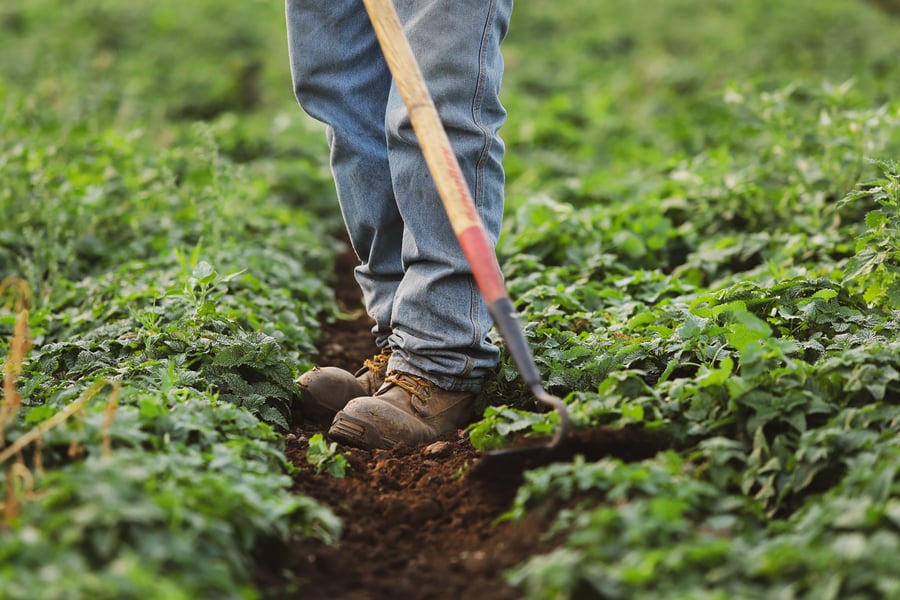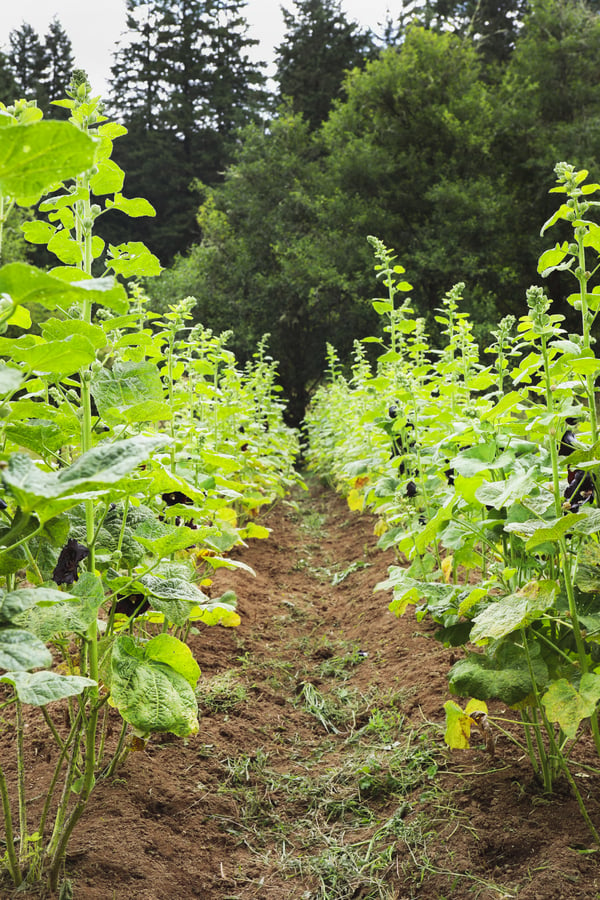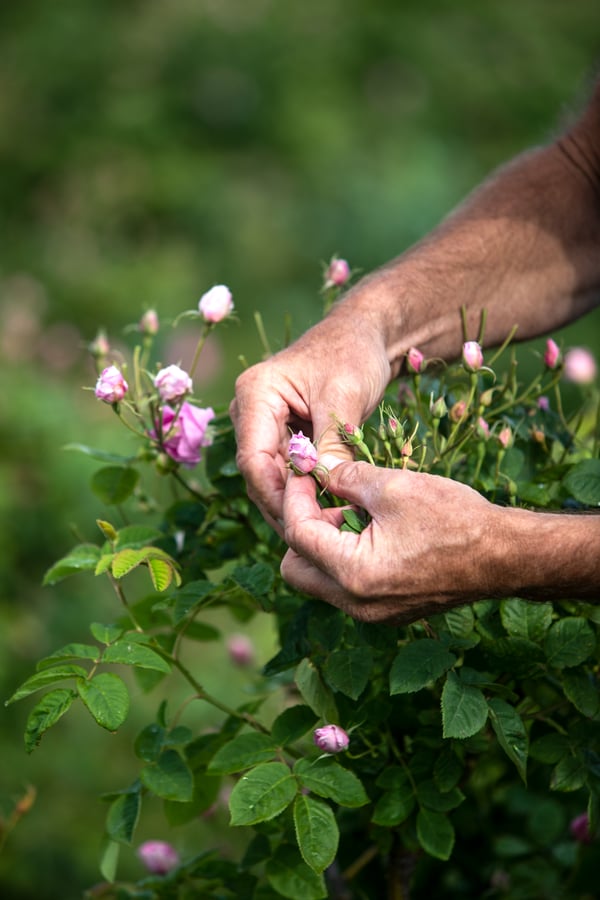Here at Mountain Rose Herbs, we stand for a future in which domestic, diversely-owned farms thrive, growing organic herbs and becoming more resilient each year by sustainably adapting to changing climates. What’s needed to make this dream come true is a just, regenerative agriculture system that truly supports and values farmers. Last week, I had the opportunity to join 800 farmers and producers at our local university’s Small Farms Conference to learn how to make this future a reality.
The Small Farms Conference brought a diverse group of many plant lovers together including farmers, producers, entrepreneurs, teachers, and students. Here in the Willamette Valley, we are blessed with fertile ground, mild weather, and lots and lots of beautiful farms. Speakers shared real-world, fingers in the dirt stories providing a holistic understanding of what farmers are facing today. I’d like to share with you two of these talks I found particularly helpful in developing a better understanding of the challenging world of today’s small farmers.
Founder of Good Rain Farm, Michelle Weeks (Sinixt ancestry), pointed out various barriers to entry she has experienced in transitioning to organic, including high registration cost, yearly renewal processes, and limited capacity issues. To overcome these obstacles, Michelle suggested the need for funded mentorship and technical and administrative assistance. She also expressed the desire to be valued for stewarding the land, advocating for these funding initiatives to serve as reparations for Indigenous peoples.
Rose High Bear of Elderberry Wisdom Farm pointed out that many farmers are barely getting by given the system-driven low profit margins, finding it next to impossible to build up the reserves needed to pass their farms on to the next generation. Working out of a supportive model, Elderberry Wisdom Farm thus offers grant funding and paid internships to support Black, Indigenous, and People of Color (BIPOC) in overcoming these systemic barriers.
At Mountain Rose Herbs, being part of the solution is our priority, which is why we are shifting our efforts to better support domestic farms and BIPOC farmers. As part of that shift, I will continue to go to conferences like this to hear directly from farmers and learn how to be part of real solutions. I will also be participating in Justice, Equity, Diversity, and Inclusion (JEDI) trainings through One Step Closer and helping develop supportive strategies with our executive and management teams. In addition, I’m delighted to announce that MRH will be spearheading our increased support of domestic farmers by expanding our North American herb line, diversifying our corporate giving, and engaging more deeply with local community on topics like land justice. By empowering local farmers, encouraging diversification, and promoting environmental stewardship, we can cultivate the change needed for a resilient future.
Looking to Learn More About Our Farm Partnerships?
Organic Sourcing From the Pacific Northwest
You may also be interested in:
- Mountain Rose Herbs Takes Big Steps in Herbal Industry Transparency
- Organic Sourcing From Pacific Northwest Farms
- The Value of Fair for Life Certification: A Cacao Case Study













